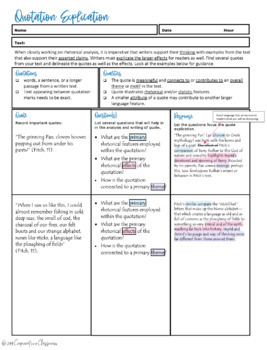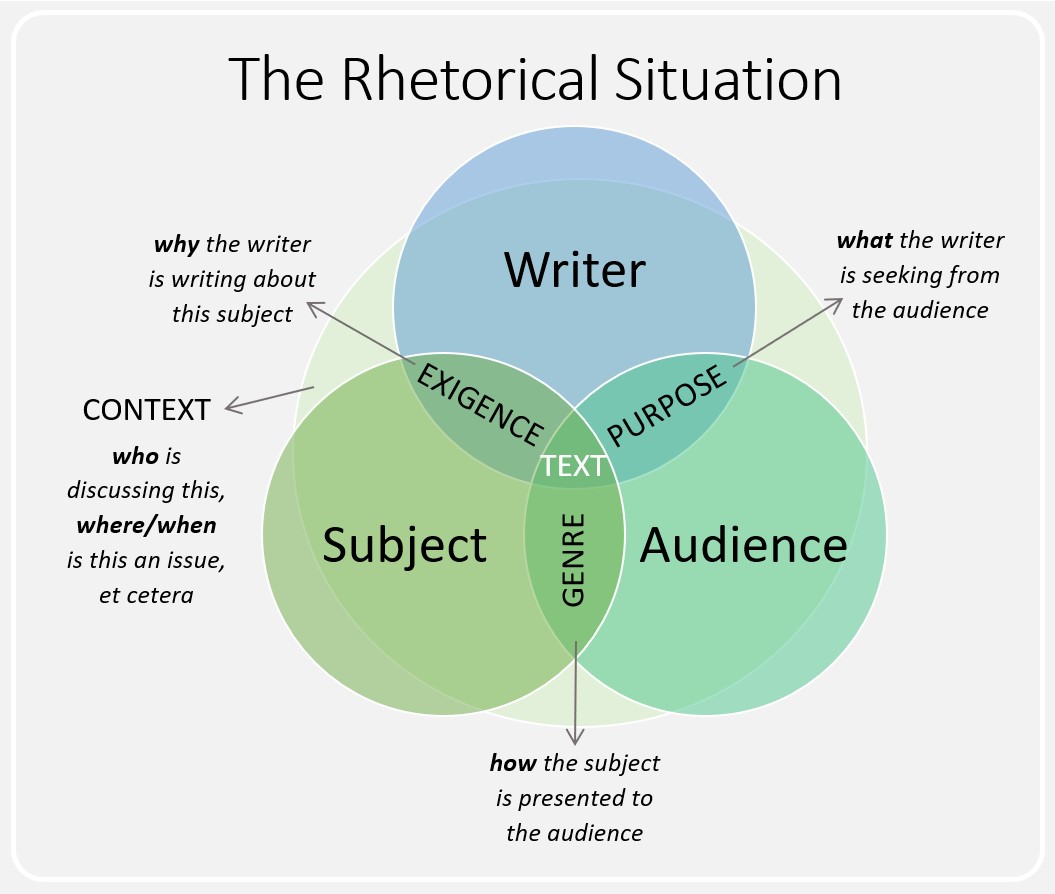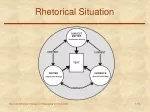

But a semantic shift is under way, described by a tertiary definition: “Language that is elaborate, pretentious, insincere, or intellectually vacuous.” Our findings contribute to a better understanding of disciplinary variation in the rhetorical and linguistic features of research article writing and have useful implications for academic writing research and pedagogy.I fear we have lost the word “rhetoric” in its good and original sense, defined by the “American Heritage Dictionary” as “the art or study of using language effectively and persuasively.” That meaning still applies if you are studying Cicero or taking a good English composition course. Our rhetorical and phraseological analysis of the corpus revealed substantial disciplinary variation in both the distribution of rhetorical move-steps and the associations between phrase-frames and rhetorical move-steps among the five social science disciplines. All texts in the dataset were manually annotated for rhetorical moves and steps by a team of seven researchers using an extensively adapted version of Swales’ (2004) revised Create a Research Space (CARS) model. Our dataset consisted of the introduction sections of 500 published research articles from Anthropology, Applied Linguistics, Political Science, Psychology, and Sociology. Our findings contribute to a better understanding of disciplinary variation in the rhetorical and linguistic features of research article writing and have useful implications for academic writing research and pedagogy.ĪB - This study investigated variation in the rhetorical and phraseological features of research article introductions among five social science disciplines. N2 - This study investigated variation in the rhetorical and phraseological features of research article introductions among five social science disciplines. T2 - Variation among five social science disciplines T1 - Rhetorical and phraseological features of research article introductions Our findings contribute to a better understanding of disciplinary variation in the rhetorical and linguistic features of research article writing and have useful implications for academic writing research and pedagogy.", All texts in the dataset were manually annotated for rhetorical moves and steps by a team of seven researchers using an extensively adapted version of Swales (2004) revised Create a Research Space (CARS) model. Our findings contribute to a better understanding of disciplinary variation in the rhetorical and linguistic features of research article writing and have useful implications for academic writing research and pedagogy.Ībstract = "This study investigated variation in the rhetorical and phraseological features of research article introductions among five social science disciplines.


This study investigated variation in the rhetorical and phraseological features of research article introductions among five social science disciplines.


 0 kommentar(er)
0 kommentar(er)
